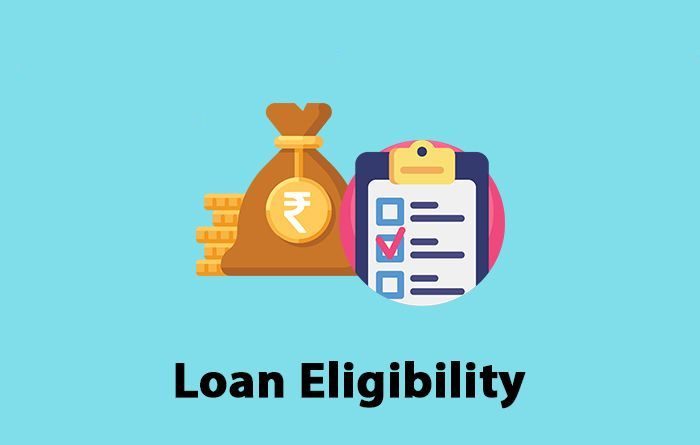A stable monthly salary for employees makes home loan convenient for them. Without such a guarantee, banks take tougher steps to measure the borrower’s ability to repay loans. In certain house loans which are not fully risk-free for banks, interest rates are always higher and the term shorter. Businessmen and landlords looking for a home loan against future rental income will find themselves in this category.
A rental loan enables homeowners to borrow money against potential rental earnings from financial institutions. We analyse whether such a loan is eligible for and procedure for availing such a loan.
Nearly all government and private banks lend to potential rentals. The home owners can use this facility for their household property with a loan line dependent on potential rents.
Who is eligible to avail this loan?

Anyone who owns a property for business or home is entitled to use the facility. The property can be owned by a single owner or jointly. All the owners must become the loan borrowers in the event of joint ownership. This loan line is available for assets for which a lease arrangement has already been signed and/or already laid down.
Purpose of the loan

The money raised by the loan can be used for any reason from the purchase of a house or expansion of your business through to your children’s marriage and education. You can also redeem or refurbish the property with money. Lenders may also use the raised money to repay a current loan
Remember that you cannot get a loan for future rent generating the power of the property you are buying via a home loan. However, in this situation, senior citizens who receive a pension can benefit from housing finance.
Which property is eligible for this loan?

You can make use of this loan in respect of a commercial property that has been rented or leased to a renowned lessee, such as a government undertaking, a bank, an insurance company or a large retail house. The lenders usually have a pre-approved list of such organisations.
You can make use of this service, even for a residence that is let-out, provided that you have an arrangement for a term that at least covers the repayment of the rental loan. In addition, before the bank penalises the loan against future rentals, you can demand that the lease/rental agreement is properly registered.
Documents Required

The bank will ask you to provide basic KYC (Know Your Customer) documents, such as proof of address and proof of identity, in addition to the properly completed application form. The list includes:
• Loan application form
• Photograph
• Identity proof
• Residence proof
• Educational qualifications certificate, latest 3 months’ salary slip and/or proof of
business existence
• Form 16/ITR or latest 3 years’ Income Tax returns or business profile
• Latest 6 months’ bank statement or last 3 years’ profit/loss and balance sheet
• Processing fee cheque
• Property related documents
• Title of ownership of property
• Approved sanction/building plan
The lender will also insist on proof to determine your repayment ability. Form No 16 would be appropriate for employees if the income tax return (ITR) is not available. However, selfemployed applicants must submit audited reports and, if the accounts are not audited, you may need to submit an ITR form for the past two or three years. While money is given against potential leases, lenders want to make sure they have the capacity to repay, in case anything happens to the lease.
Second, the bank will examine your rental income in the past and its accuracy. In order to determine its future potential, a technical and legal inspection of the property will be initiated, as the repayments are largely dependent on it. The bank will also use the property as a collateral against the loan.
Interest rate and Tenure

Lenders normally charge a processing fee of up to 1% of the loan amount. The interest varies, depending on the profile of the borrower and across lenders.
Tenure also varies across 10-15 years
How to make your application stronger

– Applying for a loan together with a co-applicant who receives a steady monthly income would increase your chances of having a home loan.
– Banks will also be more likely to lend you money if you paid a large part of the value of your property—40 per cent or more, upfront.
– Another option is to find the guarantor of the loan.
– In addition, the borrower must aim to build an outstanding history of credit over time and a strong track record, something that is highly regarded in the banking world
Have any more queries? Feel free to reach us.
Thank you for visiting our website. Stay connected with us for more knowledgeable things like this.



